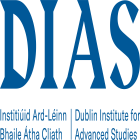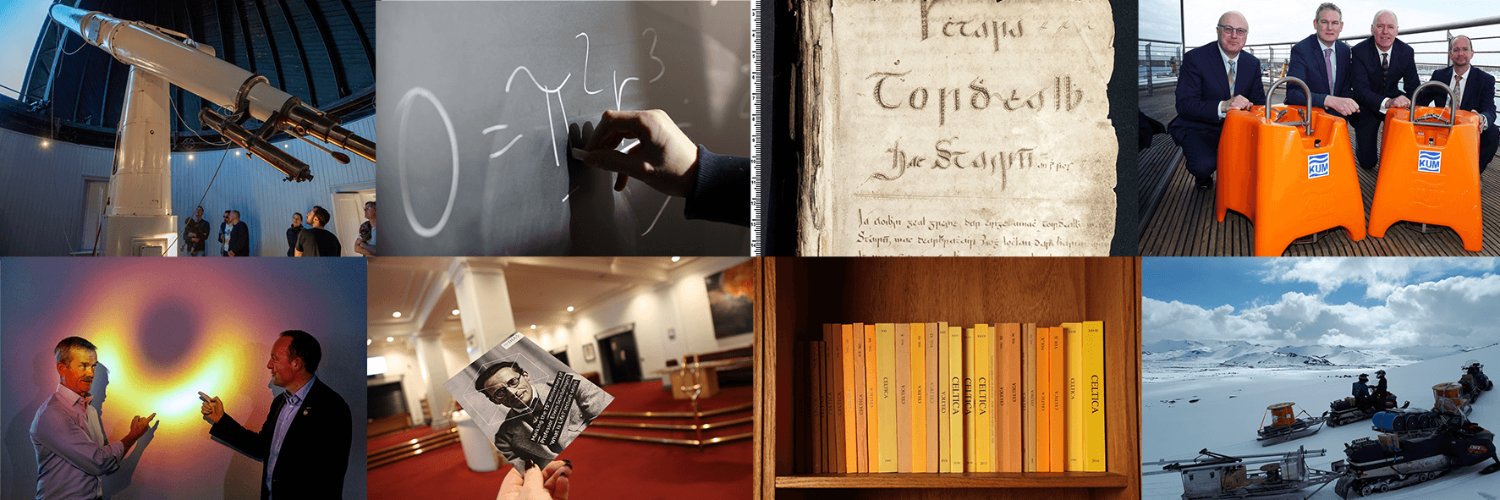Contact DIAS for more Information:
Dublin Institute for Advanced Studies
Registrar's Office,
10 Burlington Road, Dublin 4.
Tel: 353 1 6140100
email: registrarsoffice@admin.dias.ie
Web: www.dias.ie

Dublin Institute for Advanced Studies

As the world’s second, and Ireland’s only, Institute for Advanced Studies, DIAS is a globally embedded institution that attracts scholars and academics from around the world and has a distinguished tradition of excellence in research across its constituent schools.
It conducts and publishes advanced research across its areas of focus Its mission as an Institute for Advanced Studies is to push the boundaries of current understanding in its specialist disciplines and to conduct fundamental research to the highest international standards; to enable researchers at all career stages to flourish and fulfil their research potential, to train talented scholars in advanced research; to provide a neutral dedicated research space and a conducive intellectual environment for local and international researchers to conduct advanced studies, explore ideas, and engage in unconstrained thought. DIAS has an extensive national and international network, and has an Adjunct Faculty and Research Visitor programme.
DIAS currently has three constituent Schools:
The School of Celtic Studies is dedicated to the study of Irish and the other Celtic languages, both written and spoken, throughout their history, as well as related areas of cultural, social and legal history. The School publishes books and other online resources, issues its journal Celtica, and hosts other events such as its annual conference, Tionól
The School of Theoretical Physics focuses on original research into the mathematical principles of physics. It investigates the fundamental mathematical structures in which the laws of physics find expression. The school is highly regarded internationally for work on quantum field theory, string theory, and quantum information. Groundbreaking research on the deep structure of quantum fields and related physical structures, and the development of new mathematical tools for their study, in addition to work on the theory of quantum information and the emergence of geometry out of a world of quantum fluctuations, are current areas of focus.
The School of Cosmic Physics undertakes theoretical, computational and observational studies of physics related to the understanding of the Cosmos – from the Earth’s core to the outer reaches of the Universe. It is organised in two broad sections: Geophysics focused on the interior and surface of the Earth and Astronomy and Astrophysics focused outwards. The school probes some of the deepest questions asked by humankind and has contributed to international projects aimed at exploring the cosmos. It undertakes research on the formation of stars and planets, on the origins of the mysterious cosmic rays (encompassing significant contributions to high-energy astrophysics and particle acceleration theory), on the mechanisms responsible for the formation of continents and oceans, and on the deep structure of the Earth.